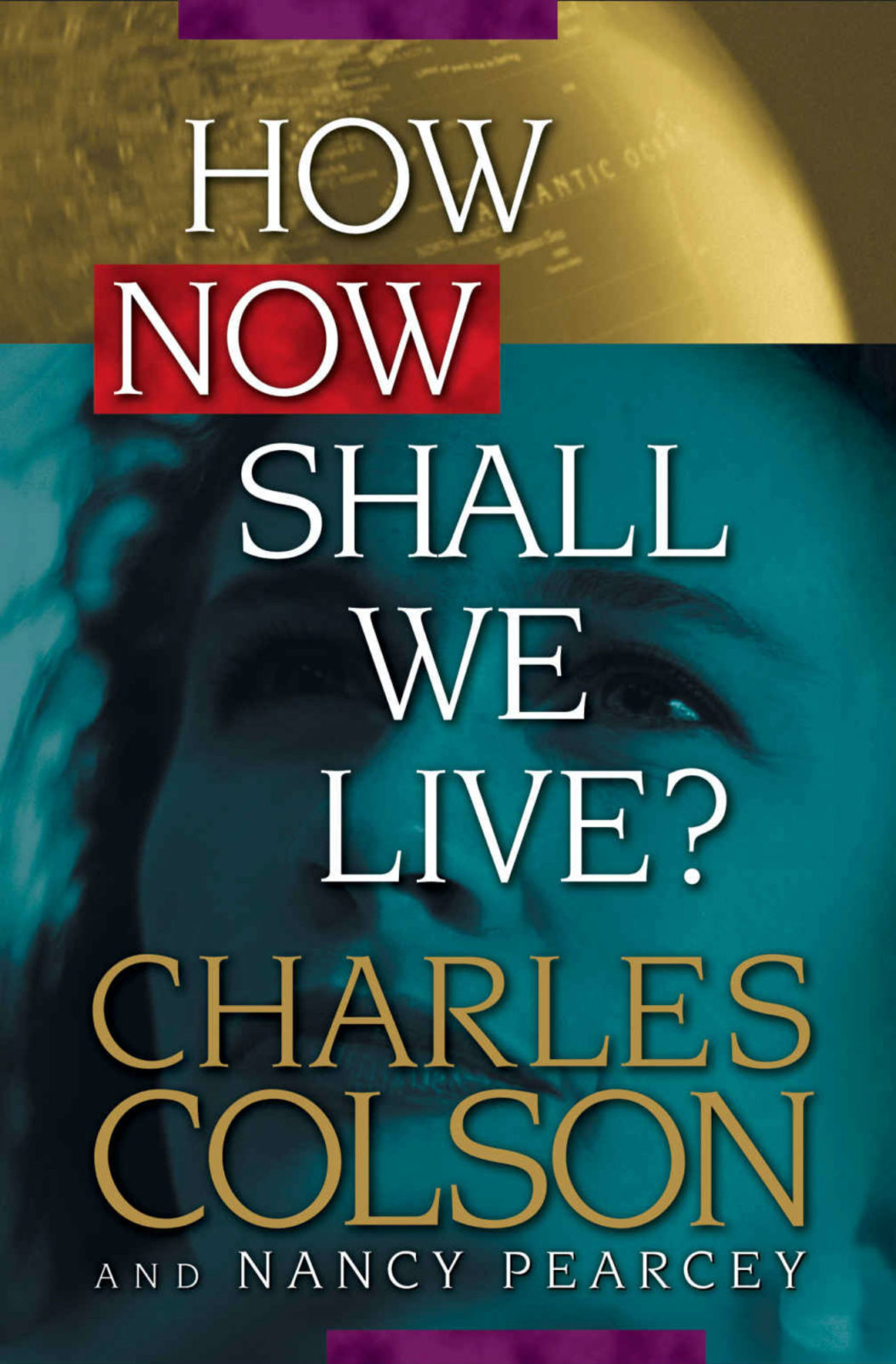How Now Shall We Live
Buy book at Amazon.comCenturies ago, when the Jews were in exile and despair, they cried out to God, “How should we then live?” The same question rings down through the ages. How shall we live today? Discovery Institute Fellow Nancey Pearcey and author Chuck Colson’s primary observation is that “the way we see the world can change the world.” (pg. 13) This is because our choices are shaped by what we believe is real and true, right and wrong, or good and beautiful. In short, our choices are shaped by what Pearcey and Colson call our “worldview.”

Every worldview attempts to answer three basic questions: (1) Where did we come from and who are we? (2) What has gone wrong with the world? And (3) What can we do to fix it? According to Colson and Pearcey, the culture wars are not about extraneous issues like abortion or public education. Fundamentally, they are about worldviews – between competing secular and spiritual answers to those three basic questions.
The demise of objective truth, profoundly expressed in the halls of academia, also extends into the popular press and culture. The result has been a postmodern worldview which embraces relativism and reduces all ideas to social constructions shaped by class, gender, and ethnicity. Under this view, the world is just a power struggle for meaningless prizes. Their one absolute is that morality is not absolute. Other existing worldviews include “traditionalism,” found in many small towns filled with churches; and modernism, found among pragmatic social and business leaders interested in personal material gain, but less interested in philosophical questions and social issues. Against this backdrop, Christians are challenged to provide answers to those three basic questions in a compelling manner.
C. S. Lewis observed, “The Christian and the materialist hold different beliefs about the universe. They both can’t be right. The one who is wrong will act in a way which simply doesn’t fit the real universe.” Thus Colson and Pearcy observe that choices are not without consequences. The Christian worldview says we were created by God. Compelling evidence that life does not have a random origin can be found in the current arguments for intelligent design. Christianity claims that God created the universe with a material order and a moral order. If we live contrary to that order, we sin against God. Thus, what has gone wrong with the universe is human sin.
The way to redeem our culture is to help people realize which universe they’re living in. If it’s a materialist’s universe, then the answers don’t revolve around taking moral principles seriously. But if the real universe was made with a moral law (as Colson and Pearcey argue), then it stands to reason that the solutions to our problems begin with recognizing that fact, and taking steps to educate people in ways that will help them live lives that are not inimical to the way we were designed to live. This, Colson and Pearcey argue, is how we should live.
